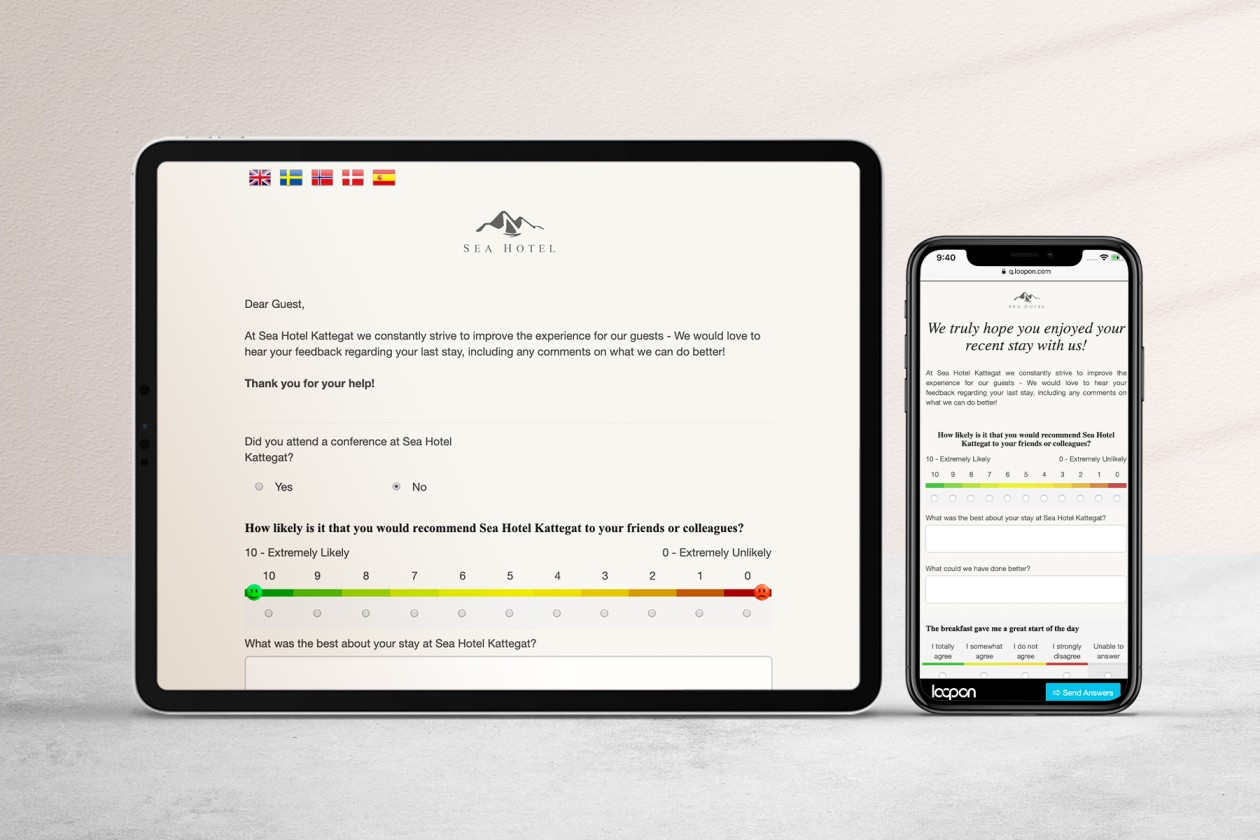
There is a fine balance between wanting specific feedback questions to be answered and ensuring that you actually collect responses. Deciding whether or not to make questions compulsory may impact your response rates and feedback results.
Of course we’d like to collect answers on every question that’s part of our guest survey. There is a reason why we pose the questions: we want answers. There is, however, often a dilemma between posing too many questions, especially if they are compulsory, and maintaining high response rates as well as collecting accurate results. Survey respondents are more likely to answer short and concise surveys as opposed to lengthy questionnaires.
Reasons to avoid compulsory questions
There are several factors that may impact both response rates as well as the results of the survey.
Response Bias - This occurs when people respond but don’t give an accurate answer simply in order to get through the survey. If a survey is lengthy and includes multiple compulsory questions, there is a chance that respondents will simply select an answer without it reflecting their real opinion.
Frustration & abandonment - Probably the most common reason to think twice about including compulsory questions. Respondents often feel frustrated if they have to answer all questions and are more likely to abandon the survey.
Non-response bias - This occurs when the opinions of those who abandoned the survey due to compulsory questions are different from those who complete the survey. This bias can also be seen as a further consequence of survey abandonment.
Reasons to include compulsory questions
Of course, there is a downside to avoiding compulsory questions too. You are likely to collect higher number of answers for some questions than others if the questions aren't compulsory or only some of the questions happen to be compulsory. Non-response bias can also occur if compulsory questions aren't included. For example, the answers of those who reply to all questions don’t align with those who skip the questions. Often people with a stronger opinion (positive or negative) will be likely to answer the question while those who don’t have a strong opinion may simply skip the question.
In addition, the results will also be easier to analyse if all questions contain the same number of responses. Some statistical analyses require values and if questions aren’t compulsory, there will be missing values for some responses. It also adds additional effort for reporting and analysis purposes if these missing values are to be replaced.
Every survey is different
In conclusion, there is an upside and downside to both strategies. Including compulsory questions makes sense for a lot of reasons, but it might also skew the results. There is no right or wrong strategy for all cases other than to thoroughly thinking through the structure of the survey. Try to only ask questions that you really want results for. Avoid unnecessary, lengthy questions that may deter guests from answering the full survey. Keep it short and simple by collecting the information that’s most important to analyse while also making it easy for the guest to complete the survey with their honest opinion. Collecting accurate results is key to identifying areas of improvement.
About Loopon Post-Stay Surveys
Loopon post-stay offers beautiful single-page surveys right after the stay let your guests know you truly care. Full suite of analytics & reputation management tools help you make better strategic choices, and an easy-to-use inbox ensure you respond to all guest comments. Select your own questions and decide which should be compulsory yourself for accurate results and desired response rates.
Click here to get started.
